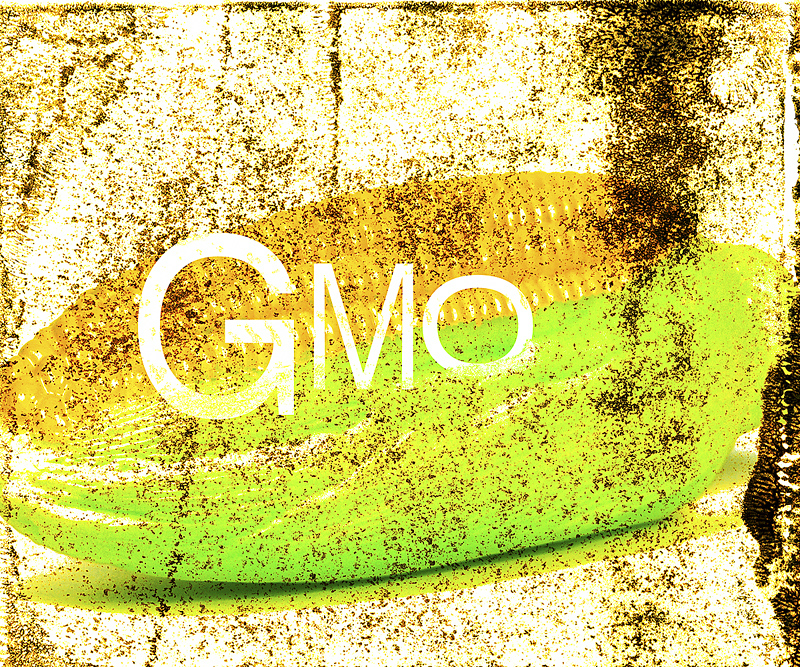
FRIDAY, March 16 (HealthDay News) — Your DNA might help dictate how your skin changes with age, one expert says.
While factors such as smoking and sun exposure contribute to skin aging, a person’s genes can have an even greater influence, explained Dr. Zoe D. Draelos, a consulting professor at Duke University School of Medicine.
Draelos was slated to discuss the topic Friday at the American Academy of Dermatology’s annual meeting in San Diego.
“There is groundbreaking research underway to determine the differences between old and young genes,” Draelos said in an academy news release. “The hope is that by understanding how to make old genes act younger and how to keep young genes from getting old, we can better advise our patients on caring for their skin.”
Researchers are examining differences in how genes are expressed in older and younger skin, and how diet may affect those genes.
In one study, pregnant mice were fed a diet lacking in folic acid, which changed the expression of the gene responsible for hair color in their offspring. The poor diet resulted in a change from “blackish” to “blondish” hair in the offspring and in all future generations.
“This study demonstrated, quite remarkably, how some genes are turned on and off by what you eat,” Draelos explained.
“As dermatologists, we’re constantly asked by our patients ‘what should I use on my skin to make it look better,'” she noted. “This next generation of genomic-based research is helping us determine not only what ingredients may work best for specific skin types, but how what we eat now and throughout our life can affect our skin as well. Science holds the key to helping us make better recommendations based on this newfound knowledge.”
Information presented at medical meetings should be viewed as preliminary until published in a peer-reviewed journal.
More information
The U.S. National Institute on Aging has more about skin care and aging.

